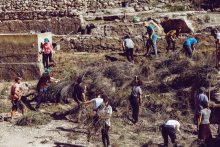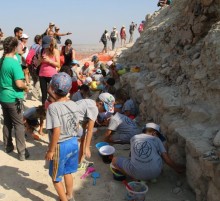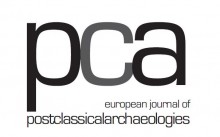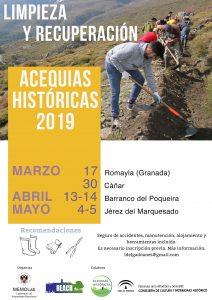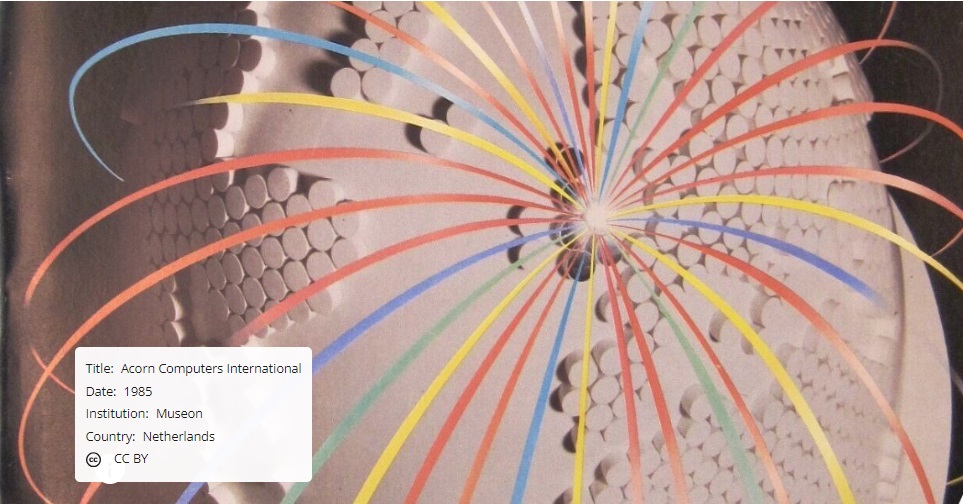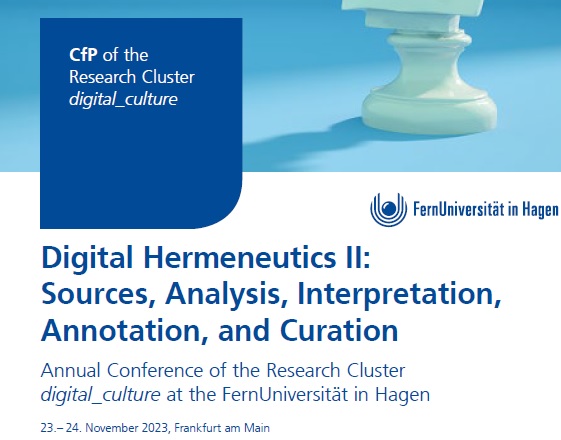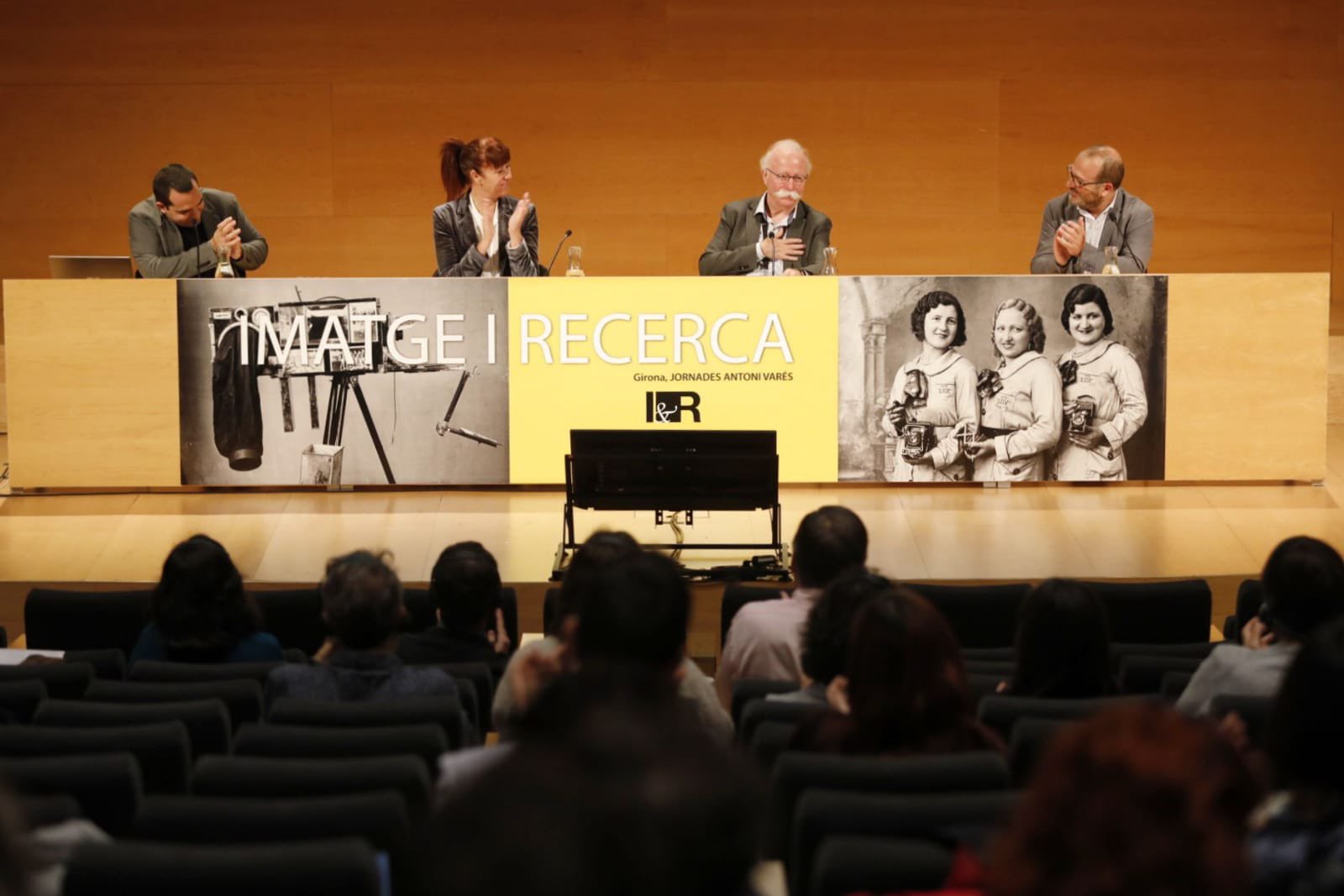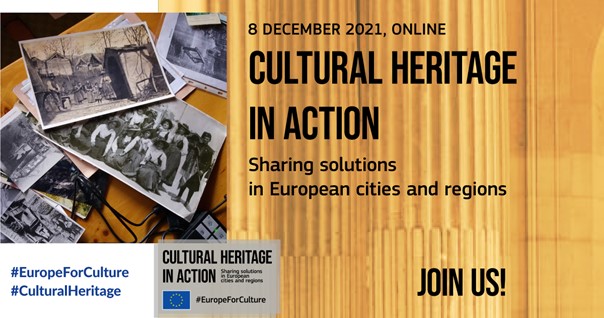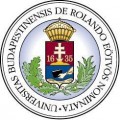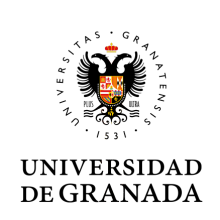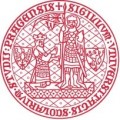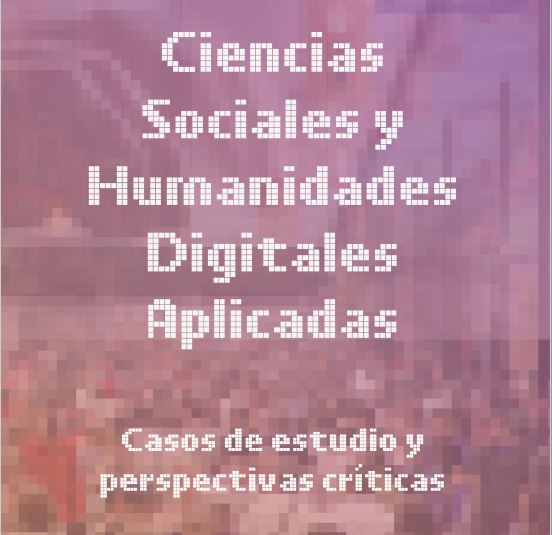 Last week, the Editorial of the University of Granada (UGR) and Downhill Publishing have published a book about Digital Humanities, titled “Ciencias Sociales y Humanidades Digitales Aplicadas.Casos de estudio y perspectivas críticas”.(Social Sciences and Digital Humanities Applied. Case studies and critical perspectives.)
Last week, the Editorial of the University of Granada (UGR) and Downhill Publishing have published a book about Digital Humanities, titled “Ciencias Sociales y Humanidades Digitales Aplicadas.Casos de estudio y perspectivas críticas”.(Social Sciences and Digital Humanities Applied. Case studies and critical perspectives.)
The work is composed of twenty-five chapters, each one focus on a specific theme, but all facing a common topic: the digitization as background or digital methodologies as a form. A set of approaches that, through digitization, become a source of inspiration to develop new analyses, helping in this way, to better understand the world in which we live. Chapters address a wide range of current issues such as feminism, sexuality, social control, geopolitical problems, new rights and digital threats, economy, tourism, education in multiple forms, museums, archives, digitization projects, studies literary, art.
In this framework, Dr Maurizio Toscano, from the University of Granada, task leader for the REACH project Rural Heritage Pilot, gives his contribute by signing a chapter which aims to affirm the importance to pass from a methodology of Local data collection, currently used to store the raw data collected during the research activities to Open Data Platforms.
The first is accessible by a closed number of research groups and this considerably reduce its usefulness as source of knowledge for the community. On the contrary, the storage of datasets on an online Platform would encourage the cooperation and interaction between a wide range of users, by sharing contents, best practices, and results reached during the research activity in the field of Cultural Heritage.
In order to demonstrate the huge benefit the use of this tools would bring to the entire scientific community, the author presents three case studies, which have been recently developed as results of collaboration between university research groups in the humanities.
The core of the paper is the discussion, “where we analyse the lessons learnt from applying this approach, highlighting its benefits and the intrinsic issues of the process”.
The full bibliographical cite is:
Toscano, M. (2018). Where the researcher cannot get: open platorms to collaborate with citizens on cultural heritage research data. En E. Romero Frías y L. Bocanegra Barbec(Eds.),
Ciencias Sociales y Humanidades Digitales Aplicadas (pp. 538-561). Granada, España: Universidad de Granada [ISBN: 978-84-338-6318-8]. New York, USA: Downhill Publishing [ISBN:978-0-9897361-7-6].
The book, available in Open Access, can be downloaded at http://editorial.ugr.es/pages/publicacionesenabierto
The DOI, available on Zenodo, is https://doi.org/10.5281/zenodo.1469337



